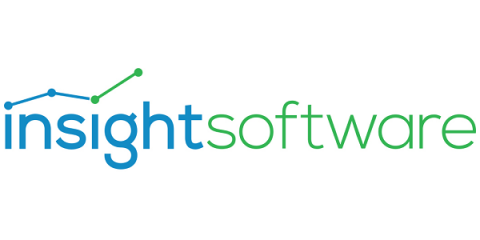Mission-critical data flows with the open-source Lenses Kafka Connector for Amazon S3
An effective data platform thrives on solid data integration, and for Kafka, S3 data flows are paramount. Data engineers often grapple with diverse data requests related to S3. Enter Lenses. By partnering with major enterprises, we've levelled up our S3 connector, making it the market's leading choice. We've also incorporated it into our Lenses 5.3 release, boosting Kafka topic backup/restore.









